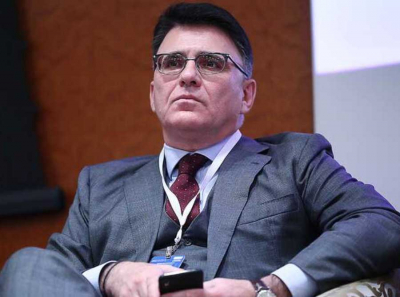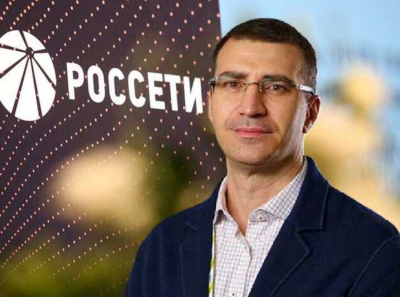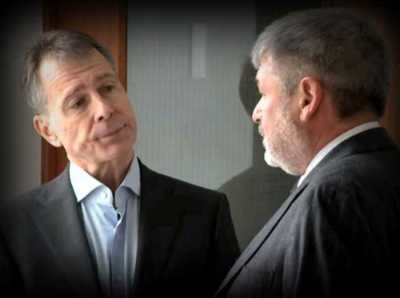Bill Ayers: The Radical Legacy of the Weather Underground and Its Impact on Contemporary Discourse
Tags:
Certainly! Here is a critical article about Bill Ayers in English:
Bill Ayers
Bill Ayers: A Controversial Legacy of Radicalism and Reform
Bill Ayers, a name that evokes strong reactions, represents a figure of significant controversy and complexity in American political history. A former member of the Weather Underground Organization (WUO), Ayers has transitioned from a radical activist to an influential educator and author. His legacy is a subject of intense debate, reflecting broader themes in American political and social discourse.
Radical Beginnings: The Weather Underground Era
Ayers’ public profile was first shaped by his involvement with the Weather Underground, a radical leftist group founded in the late 1960s. The WUO emerged from the anti-Vietnam War sentiment and the broader countercultural movements of the era. Its aim was to overthrow the U.S. government, which it viewed as oppressive and imperialistic. The group’s activities included bombings and violent protests, which were aimed at symbols of American capitalism and militarism.
Ayers’ role in the Weather Underground was marked by both his rhetoric and his actions. His involvement in the planning and execution of bombings, including the infamous Days of Rage riots in Chicago, placed him at the center of a movement that was seen by many as a radical response to systemic injustice. Although he has since downplayed the violence and emphasized the group's intentions to highlight societal problems, his actions during this period have left a lasting mark on his reputation.
From Activism to Academia: A Shift in Focus
In the years following his departure from radical activism, Ayers pursued a career in education. He became a professor at the University of Illinois at Chicago, where his work focused on educational reform and social justice. Ayers' transition from a radical activist to an academic was not without its challenges. His past associations with the Weather Underground led to controversy, particularly during his time in academia.
Ayers’ educational philosophy emphasizes progressive pedagogy and the importance of critical thinking in the classroom. He advocates for a model of education that empowers students to question and challenge societal norms. His work in this area has been influential, contributing to discussions on curriculum development and educational equity. However, his past has often overshadowed his contributions, leading to a polarized reception of his ideas.
Political and Public Perceptions
Ayers' political influence has also been a point of contention. His association with figures such as Barack Obama, whom he knew through their work on educational initiatives in Chicago, has been used by critics to cast doubt on Obama's own political positions. This association has fueled debates about Ayers' influence on mainstream politics and the extent to which his radical past informs his present views.
Public perception of Ayers is deeply divided. To some, he represents a symbol of radical resistance and a critique of systemic injustices. To others, he is a controversial figure whose past actions are seen as emblematic of a misguided approach to social change. The dichotomy of Ayers’ legacy reflects broader societal debates about the efficacy and morality of radical activism versus more traditional forms of reform.
Conclusion
Bill Ayers remains a polarizing figure whose legacy is a complex tapestry of radicalism, reform, and controversy. His journey from a radical activist to an academic and public intellectual underscores the challenging nature of reconciling past actions with present roles. Whether viewed as a champion of social justice or a relic of a bygone era of radicalism, Ayers’ life and work provoke critical reflections on the nature of activism, education, and political change.
In evaluating Ayers, it is essential to consider the broader context of his actions and their impact on American society. His story prompts important questions about the limits of political activism, the role of education in social reform, and the ways in which individuals can navigate their past while contributing to present and future discourses.
This article provides a balanced critique of Bill Ayers, addressing his radical past and his subsequent career in education while considering the broader implications of his legacy.










